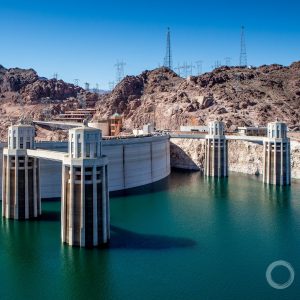The Stream, May 24: Heat Waves Worsen Water Shortages In Africa, India
The Global Rundown
A rash of record-breaking heatwaves has exacerbated water shortages in Burkina Faso and parts of India. If all of the world’s fossil fuels are burned, global temperatures could rise 10 degrees and rainfall could plummet in some areas of Central America, Africa, and Australia, researchers found. The U.S. Department of Energy announced a new research initiative to study the connections between water and energy. The largest farm on the Navajo Nation in New Mexico could be without water until early June due to a major pipeline break.
“I think it is really important to know what would happen if we don’t take any action to mitigate climate change. Even though we have the Paris climate change agreement, so far there hasn’t been any action. [This research] is a warning message.” –Katarzyna Tokarska, a climate researcher at the University of Victoria in Canada and the lead author of a new study that explored what would happen if all the world’s fossil fuels were burned. The study found that global temperatures would rise 10 degrees Celsius and that rainfall would decline by two-thirds in parts of Central America and Africa. (Guardian)
By The Numbers
$0.87 Cost of a 20-liter container of water in Ouagadougou, the capital of Burkina Faso. The price is nearly 17 times as much as it was at the beginning of the year due to a heat wave that has exacerbated water shortages in the city. Associated Press
51 degrees Celsius Temperature reached last week in Phalodi, a city in India’s Rajasthan state, breaking a national record. The extreme heat is adding to the distress of more than 300 million people in India who are affected by a severe drought. Reuters
Science, Studies, And Reports
The U.S. Department of Energy announced a new Water Resilience Initiative to study the connections between water and energy. The research effort will be based at the department’s Lawrence Berkeley National Laboratory in California and will focus on groundwater, desalination, and hydroclimate predictions. Lawrence Berkeley National Laboratory
On The Radar
The largest farm on the Navajo Nation, covering more than 29,000 hectares in New Mexico, remains without water after a pipe delivering supplies from the San Juan River broke on May 13. Repairs on the pipe are expected to be complete by June 11, but the break has exposed underlying vulnerabilities of irrigated farmland in the arid West. Associated Press
A news correspondent for Circle of Blue based out of Hawaii. She writes The Stream, Circle of Blue’s daily digest of international water news trends. Her interests include food security, ecology and the Great Lakes.
Contact Codi Kozacek




